With the end of the year approaching and many African families planning get-togethers, the World Health Organization (WHO) is urging countries to be on high alert for a possible surge in COVID-19 cases. This comes as nearly 20 countries in the region experience an uptick in cases.
After reporting a downward trend then a plateau, Africa has been experiencing a rise in cases since early October. Unlike the first wave of cases which was triggered by hotspots in Southern Africa, the latest increase is driven by the North African region, where temperatures are beginning to fall.
In the 47 countries in the WHO African Region, 19 countries have reported over a 20% increase in new cases in the past 28 days compared with the previous four weeks. However, 17 countries are also reporting a more than 20% drop in the number of new cases over the past 28 days, compared with the previous four weeks. There have also been increased reports of health worker infections and deaths, particularly among more experienced health workers.
Large group gatherings and mobility have been identified as risk factors for increasing the spread of COVID-19 and the approaching holiday season can promote these risks, leading to super spreader events.
“As we near the time of year when people get on the move to spend their holidays together, there is a bigger risk of COVID-19 transmission,” said Dr Matshidiso Moeti, WHO Regional Director for Africa. “New clusters of cases can emerge in places that have so far been unaffected as people travel or gather for festivities. But we can lower the risks by wearing masks, limiting the numbers of people who come together, observing physical distancing and practicing good hand hygiene. We can celebrate yet do so safely.”
WHO is urging the Member States to conduct risk assessments at the subnational level and identify areas of high risk. Based on this analysis local governments can adjust their public health measures accordingly and be agile in their decision-making. WHO is helping prepare for a potential rise in hospital admission by training additional contact tracers and clinicians to better handle cases, ensuring crucial supplies are on hand, and boosting screening at border crossing points.
WHO has identified a worrying trend of disregarding safety measures among populations. As part of an effort to re-energize key public health measures, WHO is launching the “Mask Up, Not Down” campaign recently. The campaign aims to reach over 40 million young people in Africa with positive messages on the correct use of masks through social media and to combat complacency, fatigue, and misunderstanding around COVID-19 prevention measures.
“In the face of COVID-19, complacency can be dangerous,” said Dr. Moeti. “At this critical moment as Africa begins to see an uptick in cases, we need to re-energize and recommit to wearing masks. I know many are finding the public health measures cumbersome, but without action from everyone, Africa risks a new surge in COVID-19 cases.”
WHO urges governments to invest in engaging communities and winning their buy-in and support for life-saving public health measures. Only by ensuring people in cities, districts, and villages in Africa are committed of fighting COVID-19 will we overcome the pandemic.
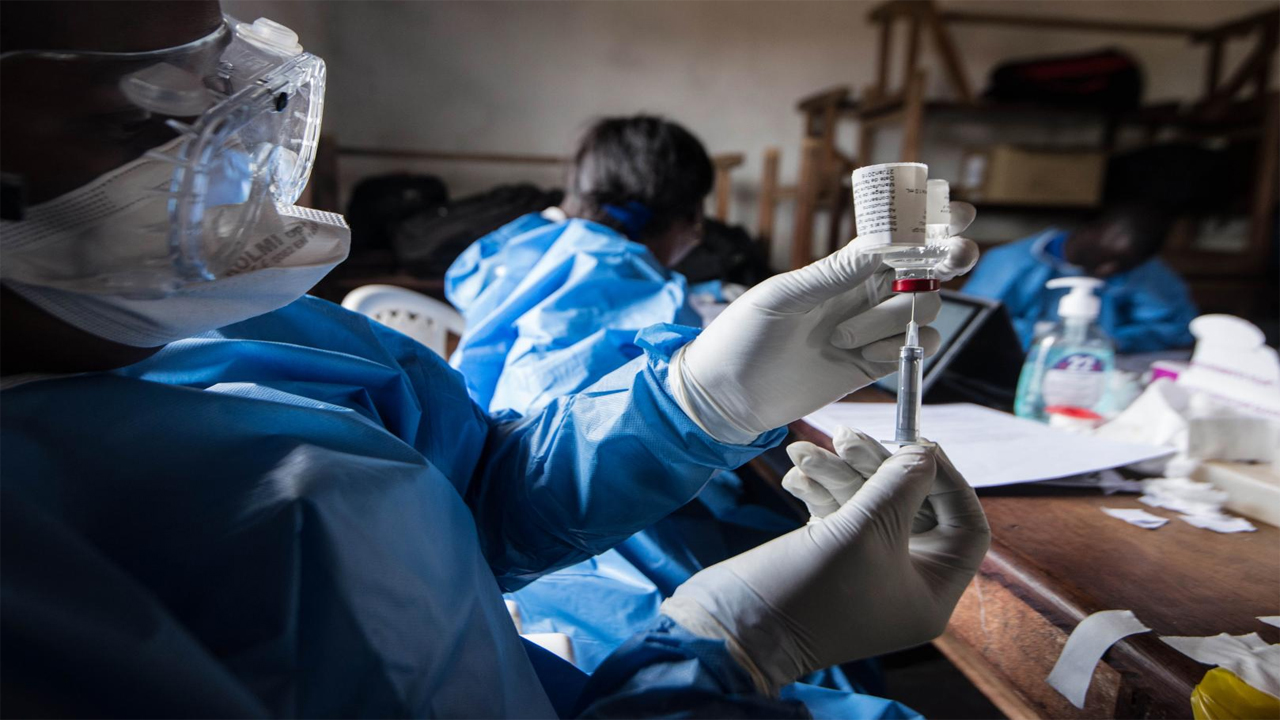
 Large group gatherings and mobility have been identified as risk factors for increasing the spread of COVID-19
Large group gatherings and mobility have been identified as risk factors for increasing the spread of COVID-19






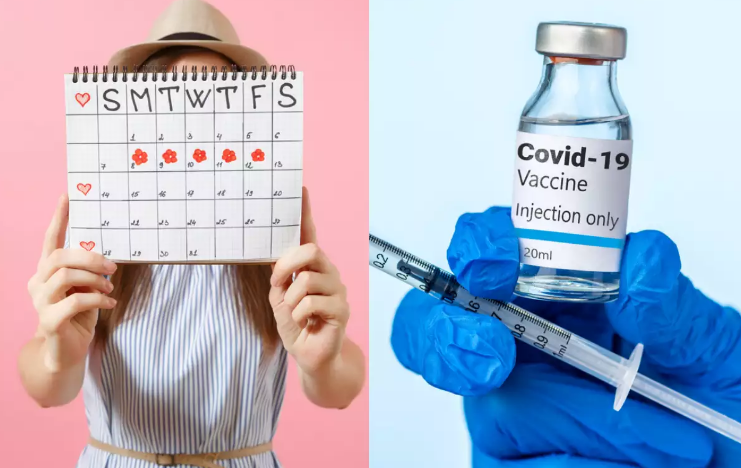


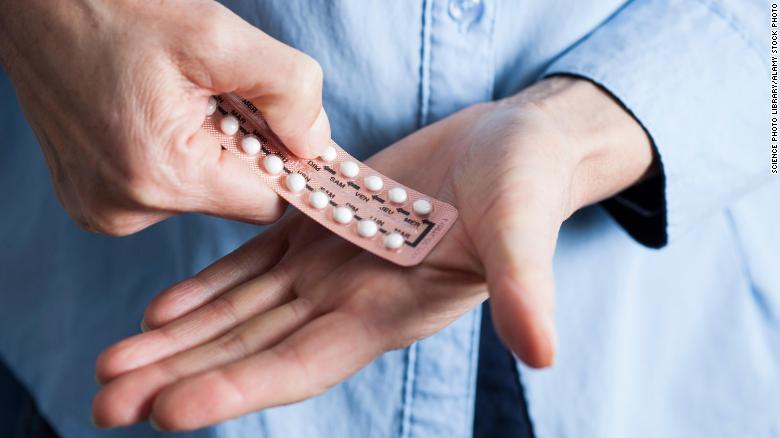
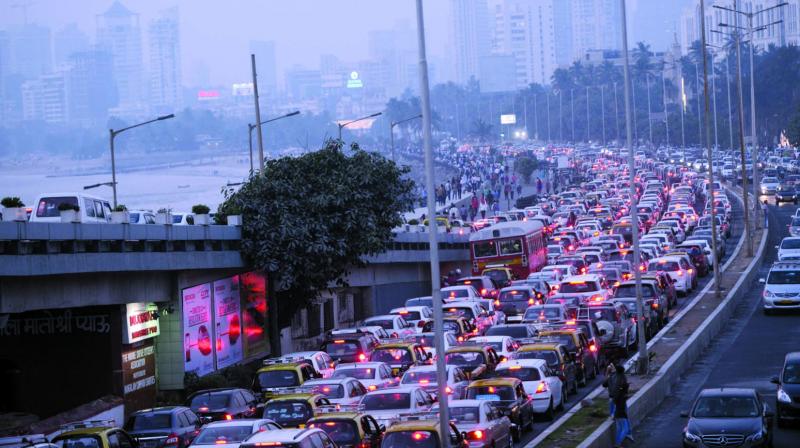

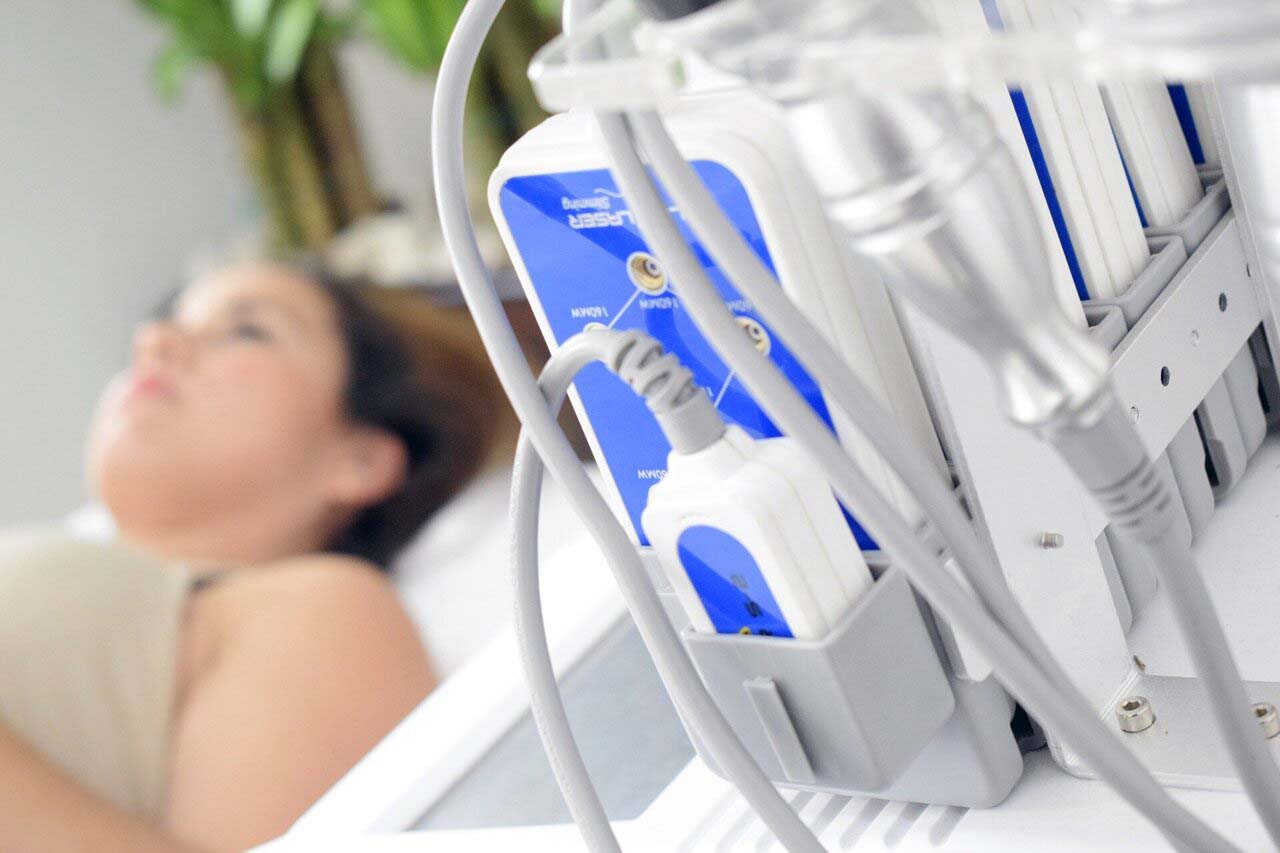
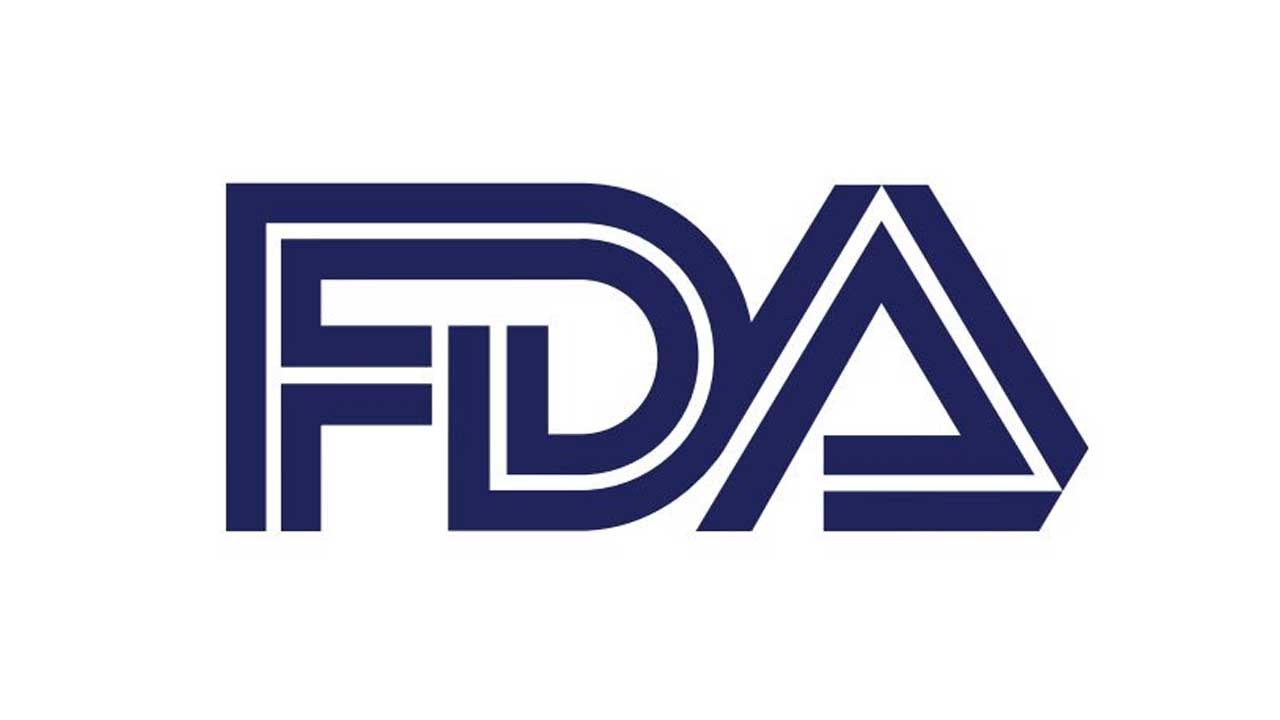
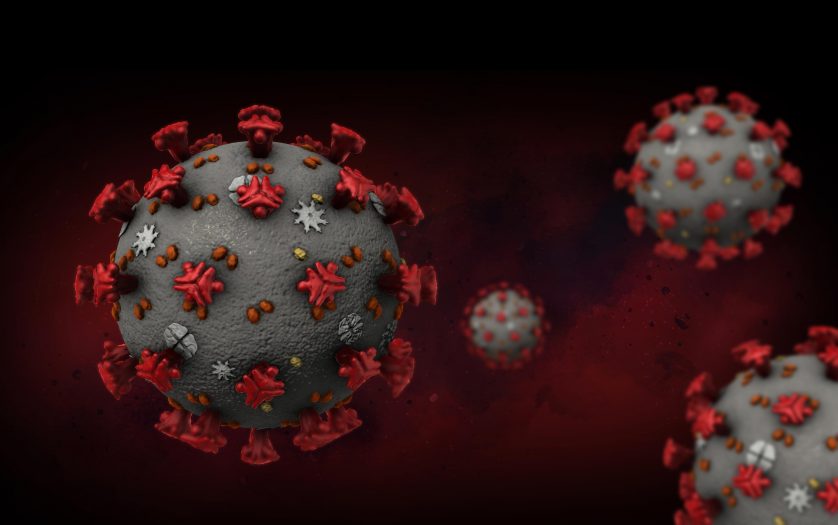





.jpeg)

.jpeg)
.jpeg)

.jpeg)


.jpeg)



.jpeg)
.jpeg)
.jpeg)


.jpg)


.jpeg)
.jpeg)